Indigenous people have inhabited all continents since time immemorial. They have lived on their sacred lands, nurtured their spiritual and cultural values, maintained and cultivated their environment, and kept their traditions alive over centuries. There are an estimated 370 million indigenous peoples living in more than 70 countries worldwide. They represent a rich diversity of cultures, religions, traditions, languages and histories; yet continue to be among the world’s most marginalized population groups. However, the health status of indigenous people varies significantly from that of non-indigenous population groups in countries all over the world. According to World Health Organization almost 80 percent of the world’s population in developing nations depends on Indigenous Knowledge to meet their medicinal requirements, and at least half rely on Indigenous Knowledge and crops for food supplies (CSOPP, 2001). Therefore, there is urgent need for information professionals to realize the importance of Indigenous Knowledge to bring sustainable development in our society. The dominant information management approach in library and information centres focuses on acquiring, organizing, preserving, recording and codifying knowledge, which is largely generated by researchers, universities and research institutions hailing outside the indigenous communities. Today, we are living in a knowledge society, and it is necessary for us to consider the significance and utility of both scientific and indigenous knowledge. The protection of traditional knowledge system will provide an effective benefit sharing mechanism, which is enshrined in the new Intellectual Property Rights legislations. Traditional knowledge base of plant-based medicines will help accelerate drug development in India provided such knowledge is given the intellectual property rights protection. There is a need to do many things for the protection of Indigenous/Traditional Knowledge. This specific subject matter of Indigenous/Traditional Knowledge has now geared the attention of the policy framers and academia with the onset of globalization. Bio-piracy, patenting of substances which were either the result of Indigenous/Traditional Knowledge or specific to a geographical location have been mistreated thus far. Indigenous/Traditional Knowledge specific to individual tribe or community made the world grow aware of the wealth of knowledge possessed by them. Intellectual property right appears to be the only mechanism to protect them. Law relating to intellectual property defend intellectual labour to serve the interest of the nation. It is the key to development but protecting Indigenous/Traditional Knowledge and making them sustainable is also another method of development. However, it has been observed that India is not at the forefront in managing both the forms of knowledge. This could have negative impact on our economy and ecological sustainability.
Sale
₹610.00 Original price was: ₹610.00.₹488.00Current price is: ₹488.00. ₹
₹300.00 Original price was: ₹300.00.₹240.00Current price is: ₹240.00. ₹
₹400.00 Original price was: ₹400.00.₹320.00Current price is: ₹320.00. ₹
₹350.00 Original price was: ₹350.00.₹280.00Current price is: ₹280.00. ₹
₹450.00 Original price was: ₹450.00.₹360.00Current price is: ₹360.00. ₹
₹399.00 Original price was: ₹399.00.₹360.00Current price is: ₹360.00. ₹
₹380.00 Original price was: ₹380.00.₹304.00Current price is: ₹304.00. ₹
₹985.00 Original price was: ₹985.00.₹788.00Current price is: ₹788.00. ₹
Indigenous Knowledge System – Beliefs and Practices – 2
Prof. Abhigyan Bhattacharjee 978-93-6252-098-2
HARD BOUND
SECOND VOLUME
ACADEMIC, Reference Book, Social Sciences
Meet The Author
Dynamics of India-Bangladesh Cross Border Trade -A Kaleidoscopic View through Meghalaya
Be the first to review “Indigenous Knowledge System – Beliefs and Practices – 2” Cancel reply

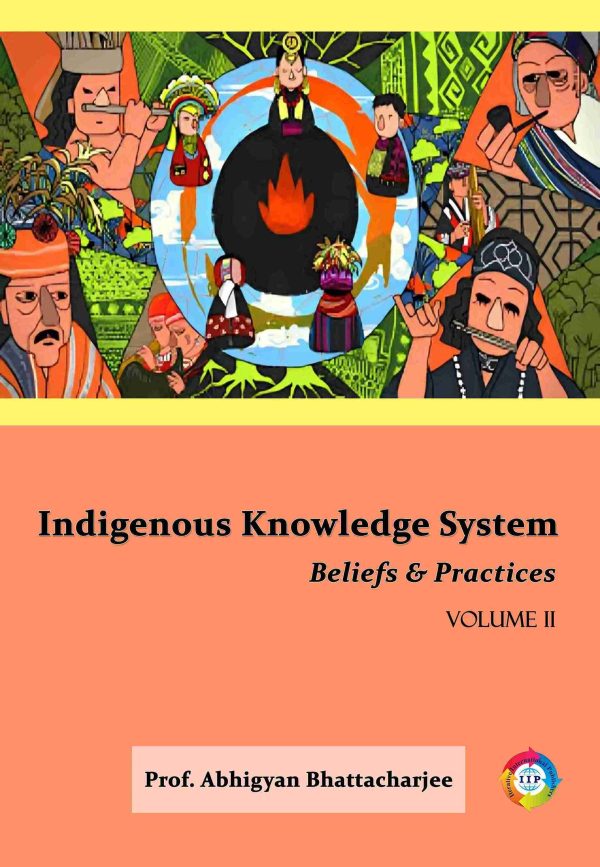
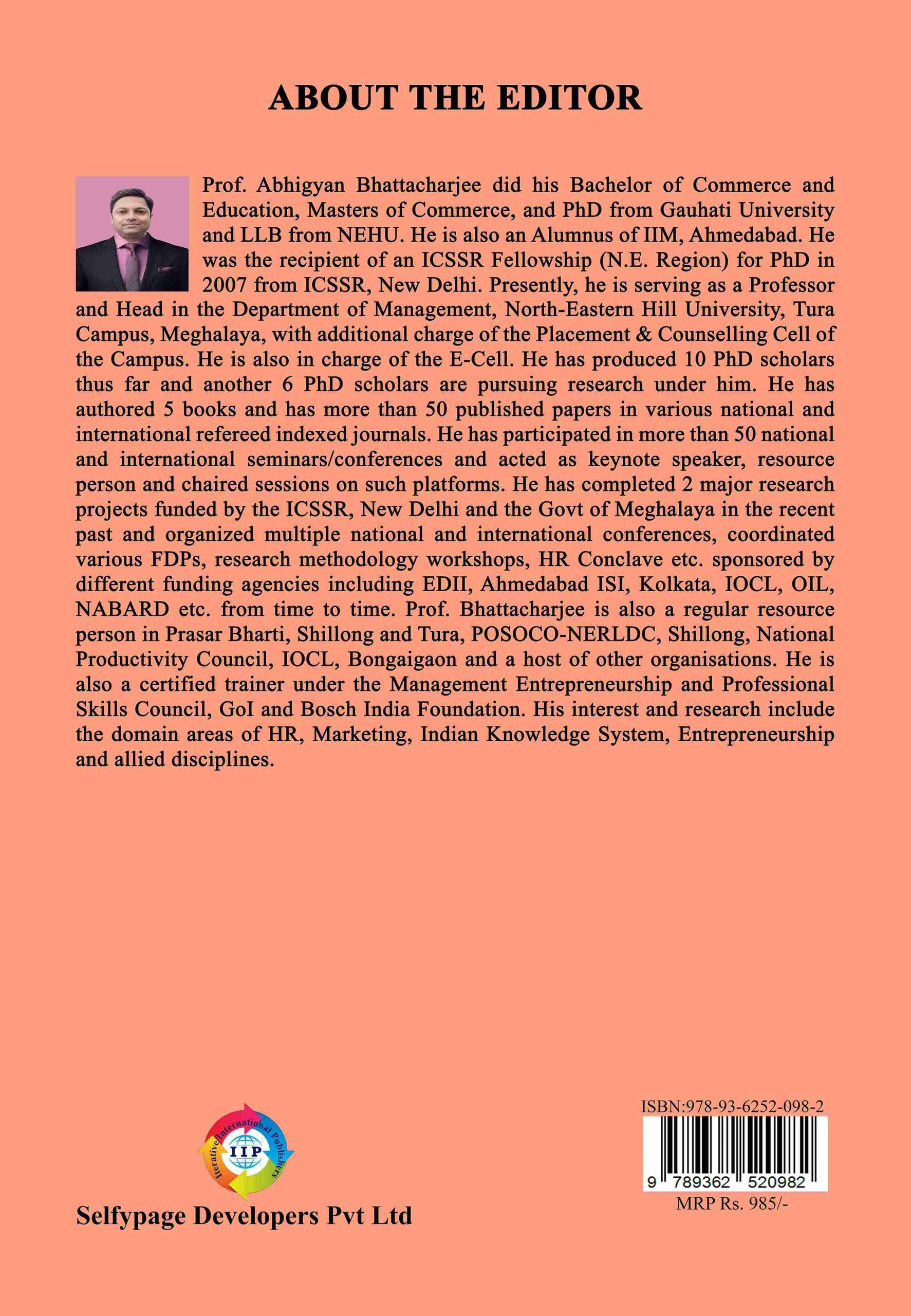
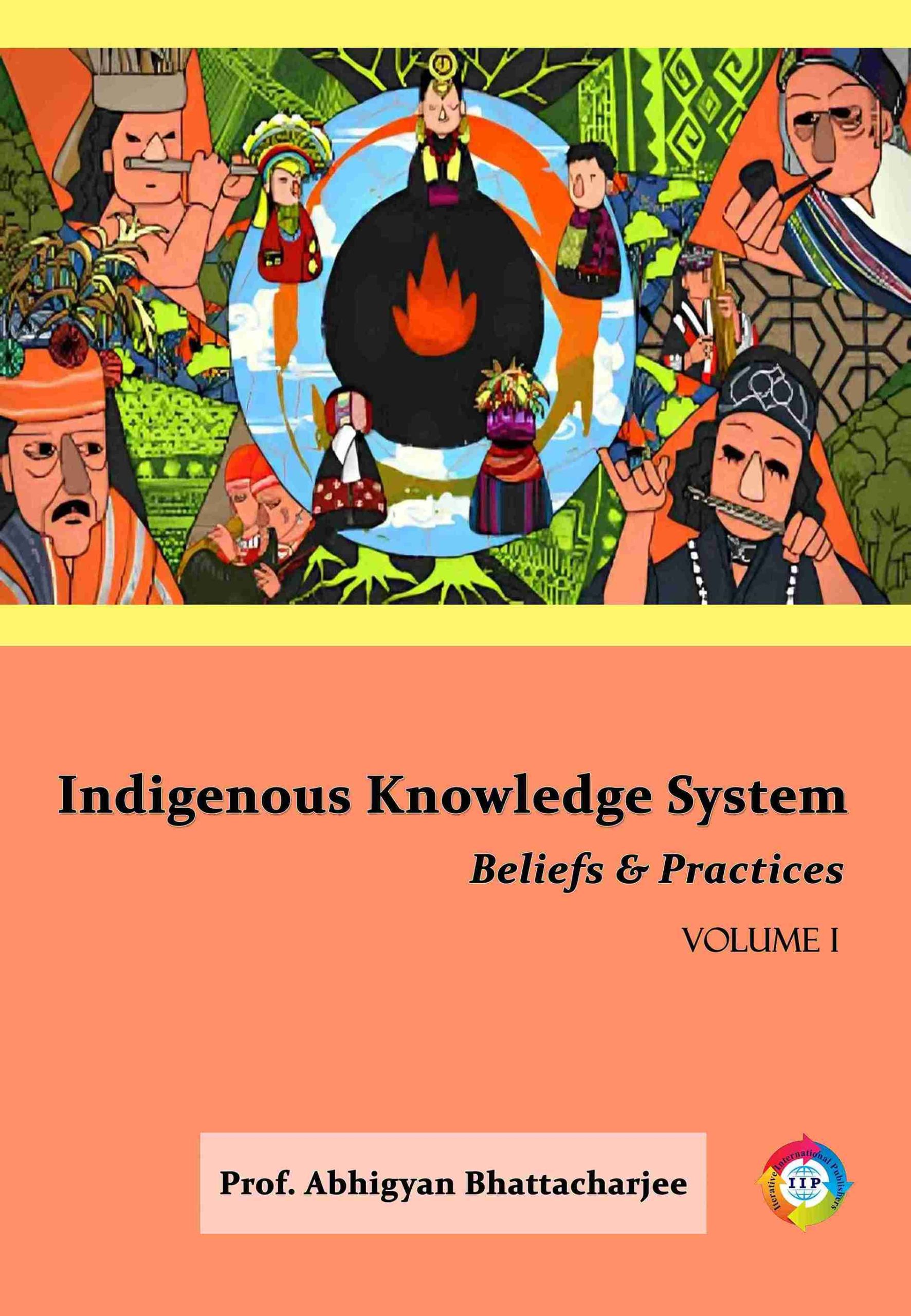
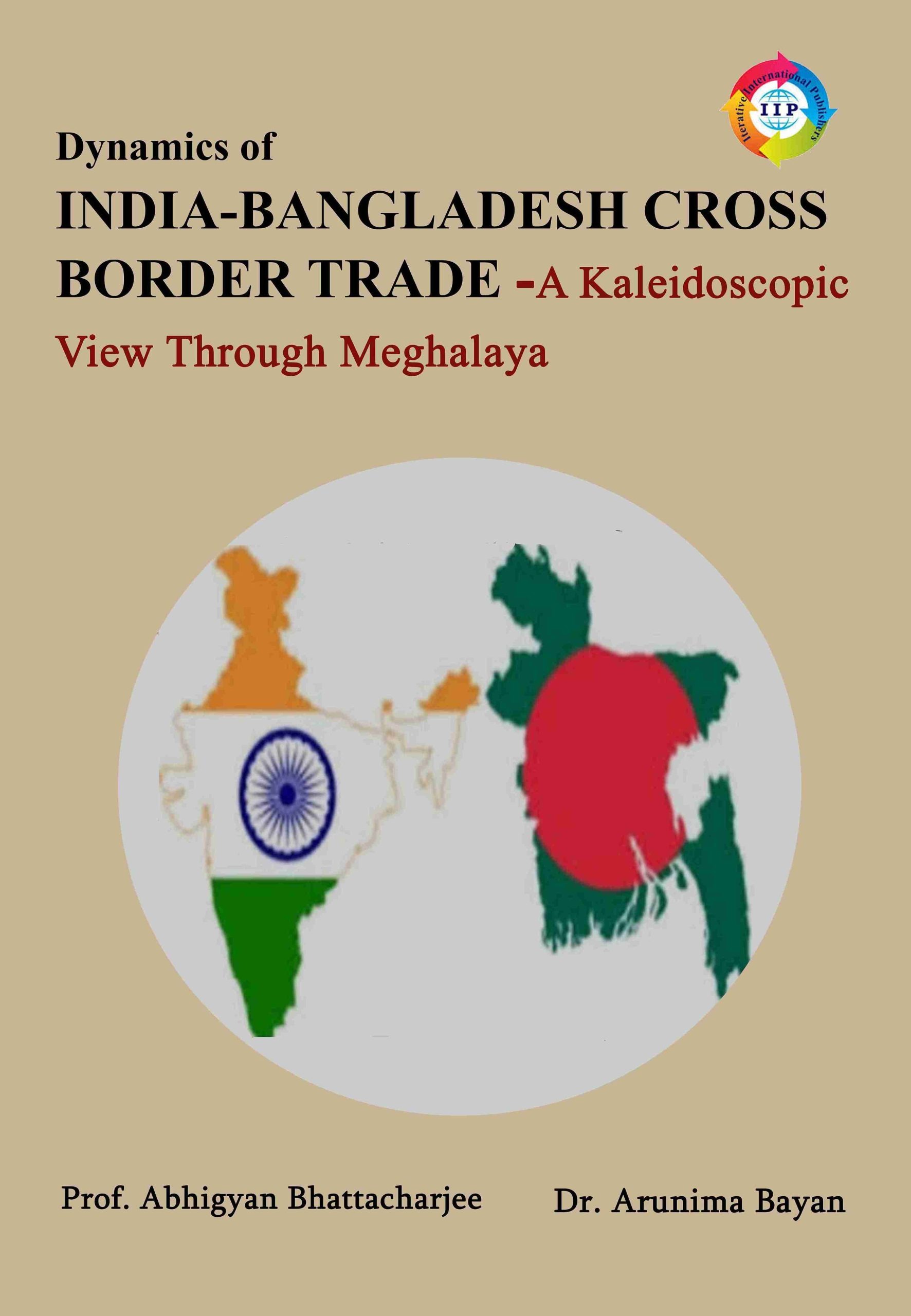

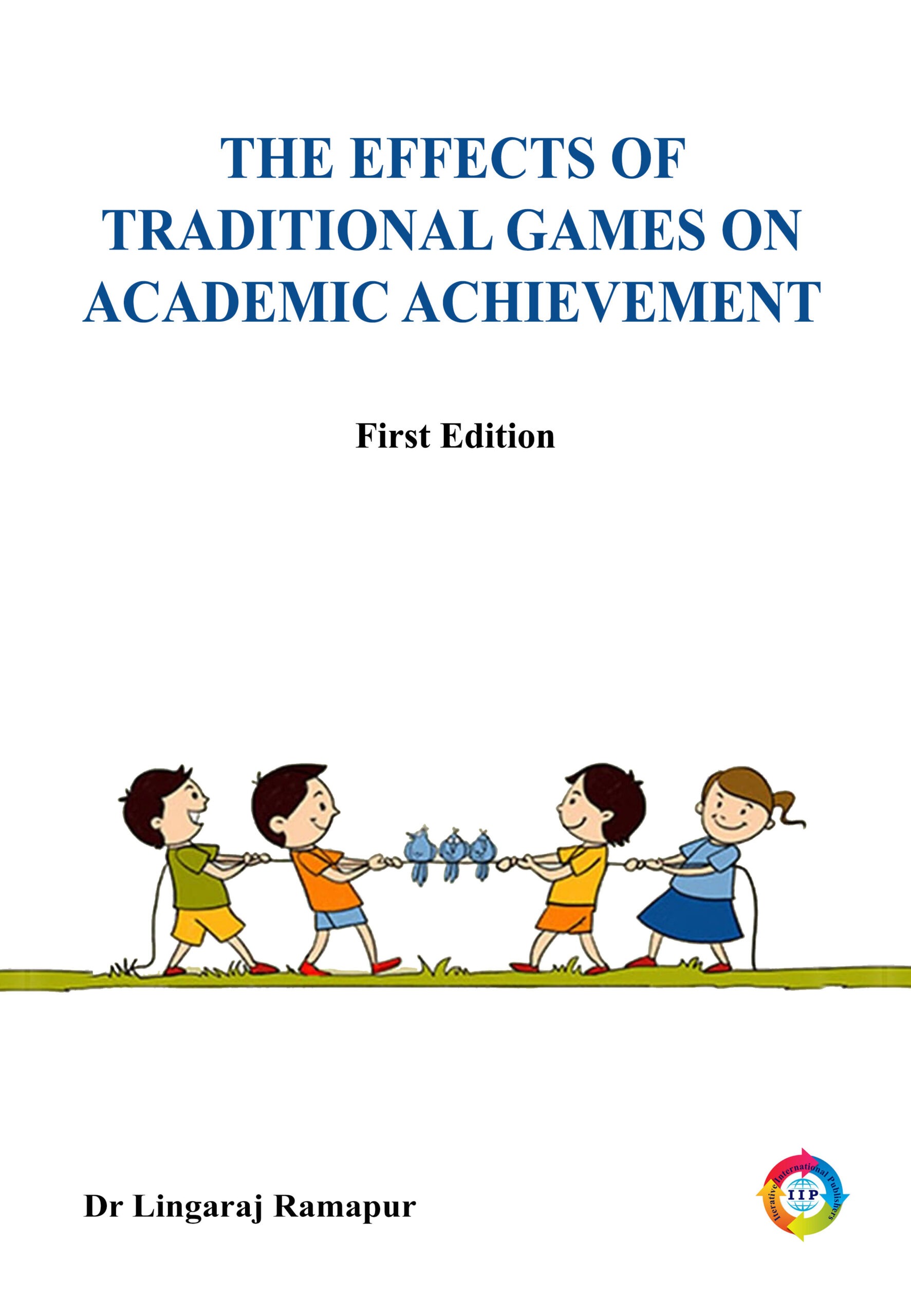
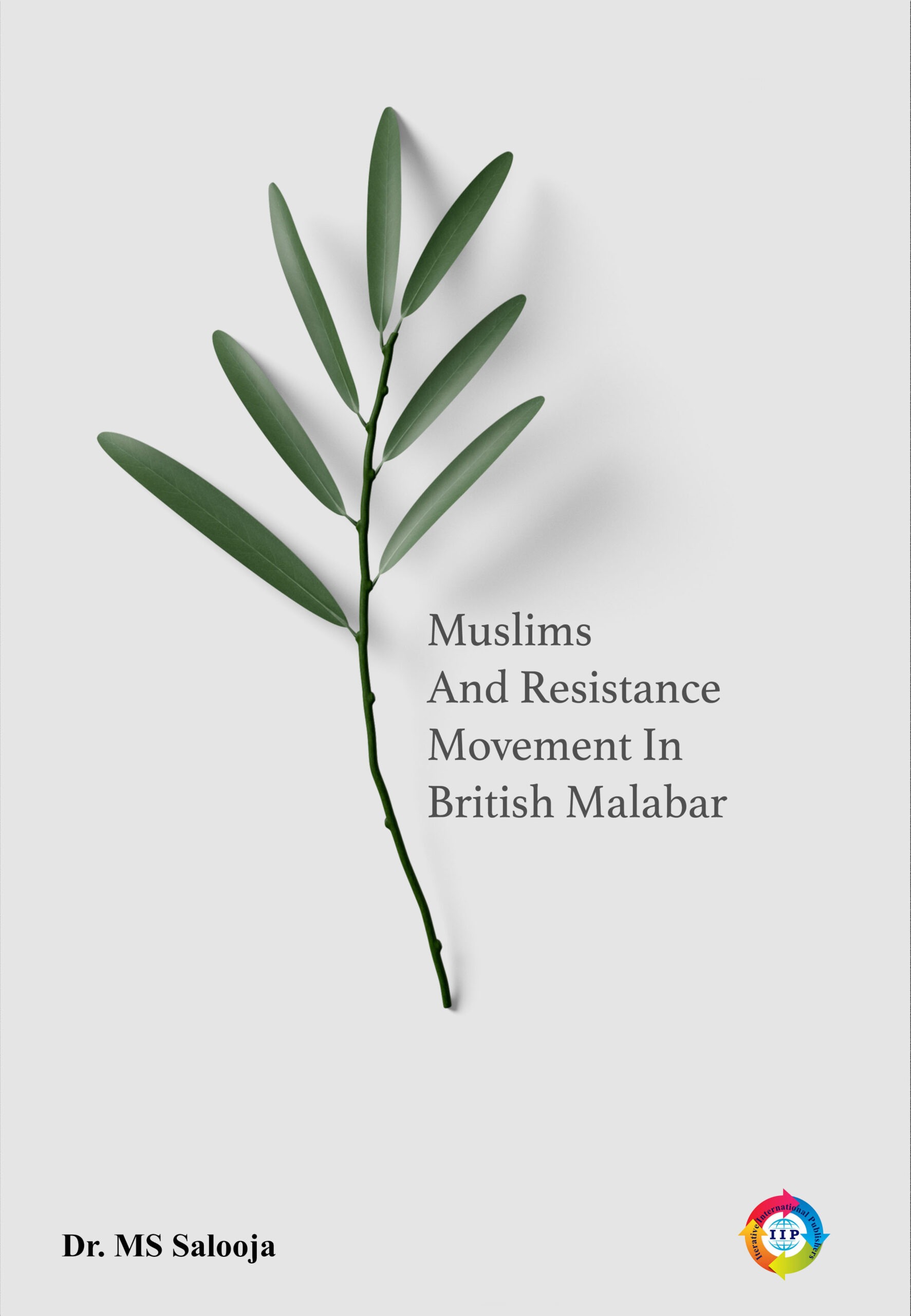
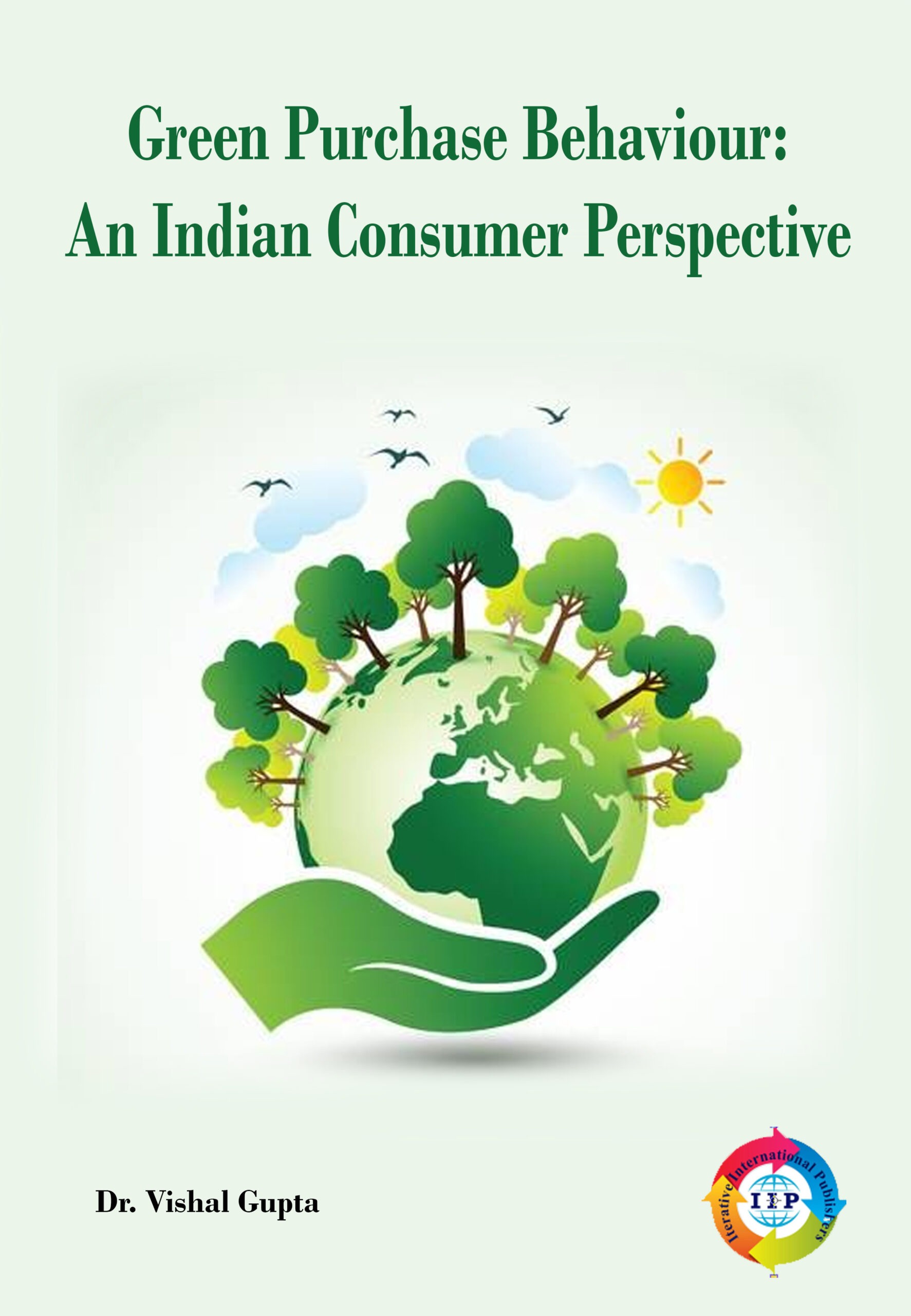

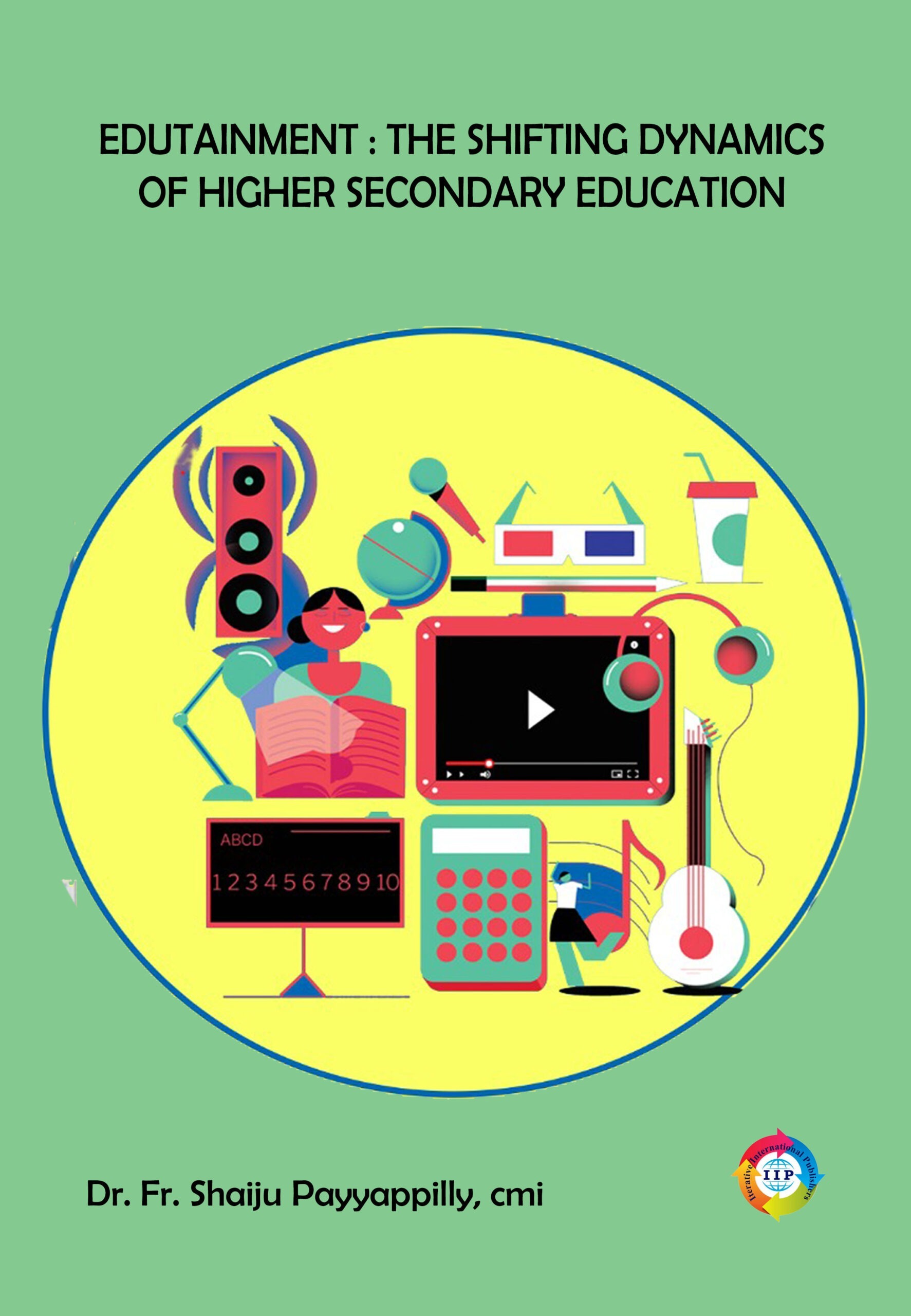
Reviews
There are no reviews yet.